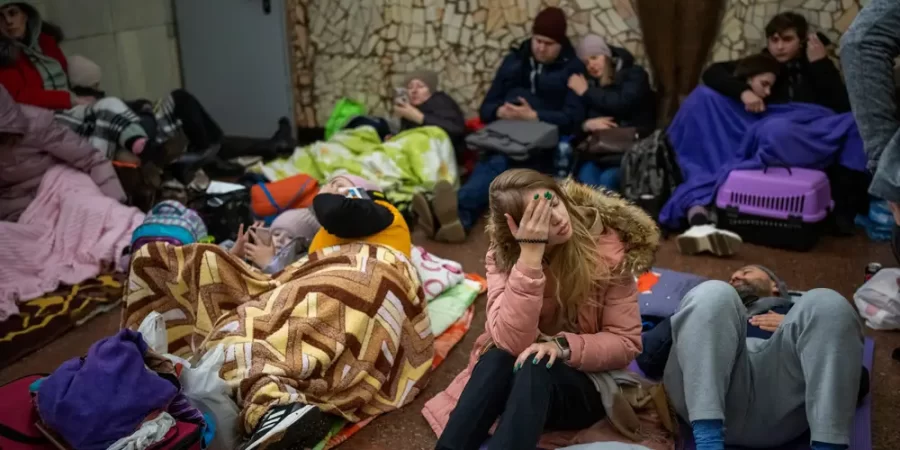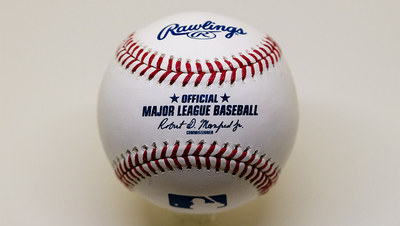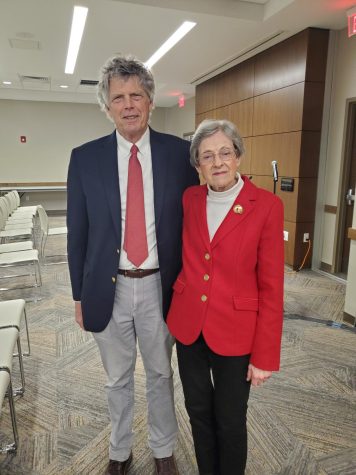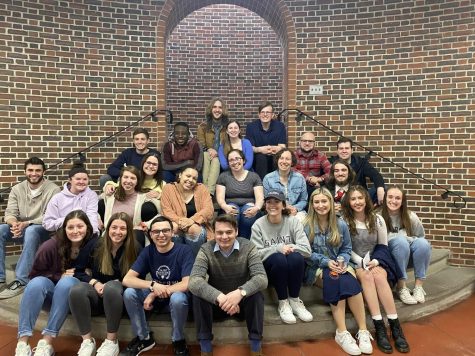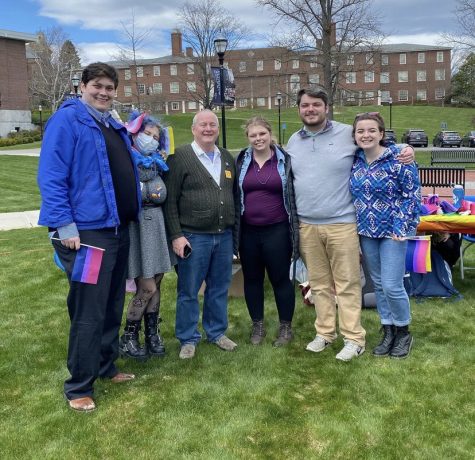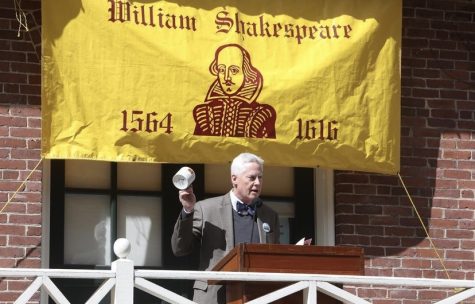Putin’s Ukraine invasion stalls, U.S. hopes for settlement, end of violence
People rest in Kyiv subway, using it as a bomb shelter in Kyiv, Ukraine, Thursday, Feb. 24, 2022.
March 12, 2022
After nearly two weeks into the startling war in the Ukraine, Russia has been met with unanticipated resilience, indicating that a quick victory should not be expected.
United States president, Joe Biden, has demonstrated his support for the Ukrainian people by holding economic sanctions against Russia. The most impactful sanction was held through the ban of imported Russian oil and natural gas into the United States.
As a result, U.S. citizens have seen the national average of gas prices rise to $4.17 per gallon according to the New York Times. Biden, on Tuesday stated that this ban was a punishment against Russia for a “vicious war of choice.” Biden furthered his words in empathizing with the American people. “I said I would level with the American people from the beginning.. And when I first spoke to this, I said defending freedom is going to cost. It is going to cost us as well, in the United States.” The United States as a country, receives less than 10 percent of its energy resources from Russia, the effects of the prohibition of this relatively small percentage is dramatically depicted through the record breaking raise in domestic gas per gallon prices.
The rise in gas prices is one small look into how a conflict across seas can affect all identities. Sophomore student, Jill Dorazio emphasized her perspective as to why Saint Anselm students in particular should care about the developing war. “Regardless of our perceptions of this conflict being so far removed from our immediate experiences here in New Hampshire, it is crucial that Saint Anselm students recognize the interconnectedness of the United States with this crisis; as students of an American institution, specifically one that focuses so deeply on concepts of citizenship, democracy, global engagement, the humanities, etc., we should care deeply about the conflict and moreover the consequences of Russian authoritarianism.” Dorazio furthered stating, “Caring for such a conflict illuminates a commitment to principles of the very good life we so carefully identify in Conversatio, like the preservation of democracy/sovereignty, security, and human rights both at home and abroad.”
In response to the economic sanctions put in place, Putin established measures that were aimed at debilitating Western sanctions in order to mitigate the effects felt by U.S. sanctions in particular.
Shifting to the Ukraine, the military has claimed to have hit three Russian fighter jets and a cruise missile early Thursday. Below, hundreds of Ukrainian citizens are confined to a besieged city of Mariupol, and millions of others are under relentless assault by the Russian military.
With apparent violations against universal human rights, many wonder what needs to be done in order to quell the violence. Dorazio believes. “I believe that, as of right now, it is critical that the focus stays on diplomacy, cooperation with NATO allies, and any measures of de-escalation. I believe that the Biden Administration is treading cautiously by sending additional U.S. troops to Central and Eastern Europe while withholding any further actions in sending troops to Ukraine to confront Russian invasion.” Dorazio continues, arguing, “I’d emphasize the fragility of peace itself in this crisis, and just how fine the line is between de-escalation and provocation of world war; the risk of the conflict extending/escalating beyond Ukraine is incredibly high right now, with special consideration of two dominant global forces with such a contentious, volatile history (US/Russia).”
This prevalent fear of a World War was drastically accentuated on Tuesday when the United States put forth the mission to send two Patriot anti-missile batteries stationed in Europe to Poland in order to protect U.S., Polish, and other allied troops in the country. This act of sending anti-missiles depicts the fear that Russian missiles could be sent to Poland at any point, pulling in more direct victims of Russia’s unruling savagery.
The true anguish of an overseas attack is viewed through the experiences of the Ukrainian citizens who have all lost their homes and human right of a sense of safety. However, despite the disturbing photos of the attacks on Ukraine, many U.S. citizens have found humor in these devastating times. “ believe that there is a detrimental predisposition – especially on social media apps like TikTok/Instagram/Twitter – to make light of the conflict or oversimplify through ‘dark humor’, sensationalism, or dramatization.” Dorazio states. “What I mean by this is the tendency for individuals to capitalize off of this conflict as mere ‘content’ or a relatable problem, as a surge of ‘WW3’ memes and jokes have been circulating the recommended pages of my social media sites recently. This is incredibly harmful as it misinforms the countless consumers of media who become rather ignorant of the legitimate implications of the Ukraine/Russia conflict; the U.S. has held rather unwavering support for this nation – as a democratic outlier in the former Soviet area – and I think this conflict needs to be viewed with considerable seriousness and thoughtfulness from U.S. citizens.” While the war may not be a direct attack on any U.S. resident now, the necessity for support and empathy is heavily demanded by all.



